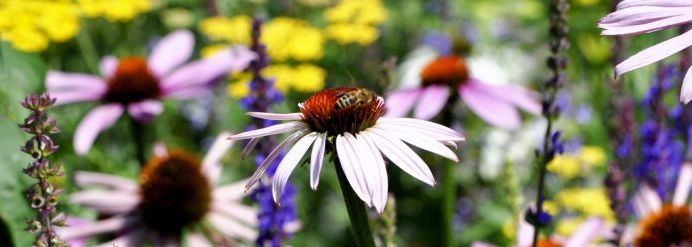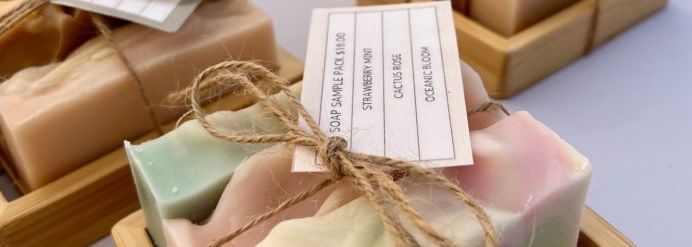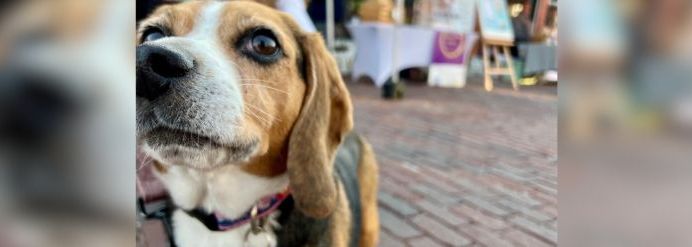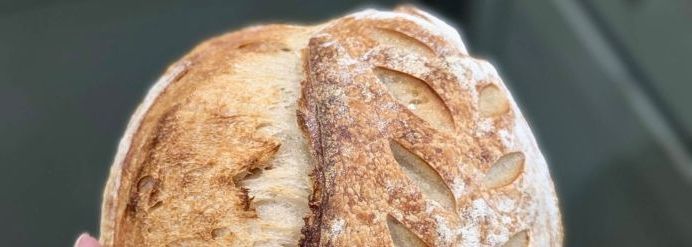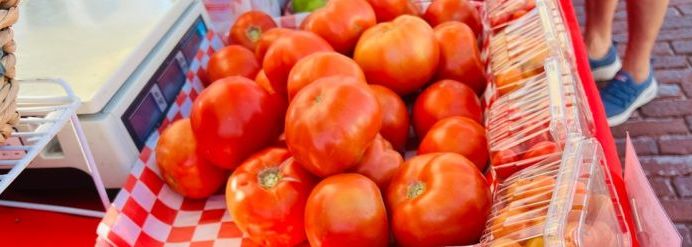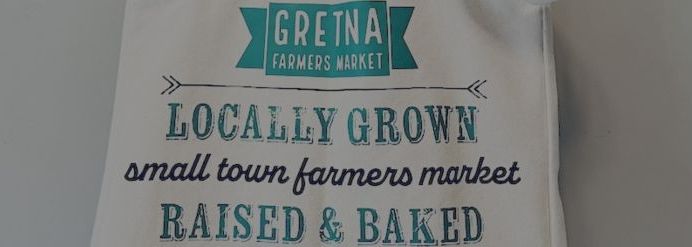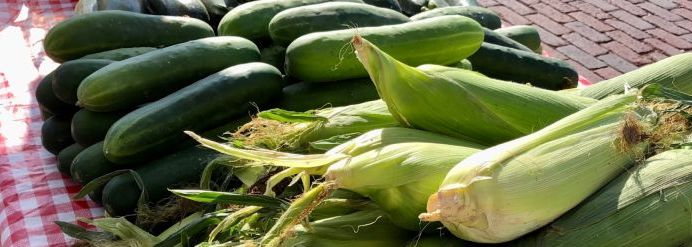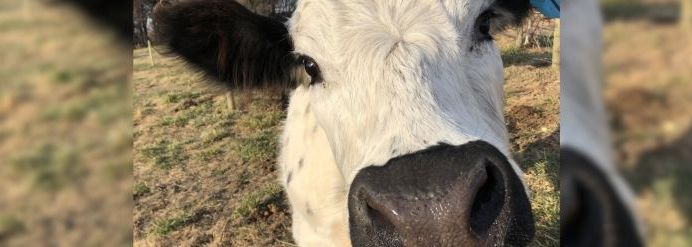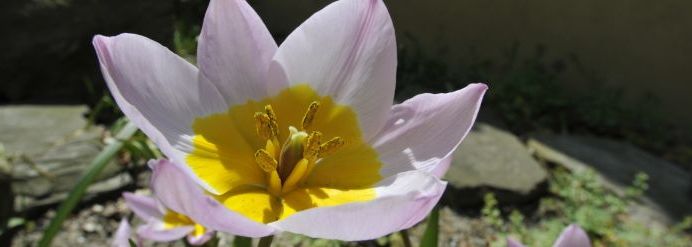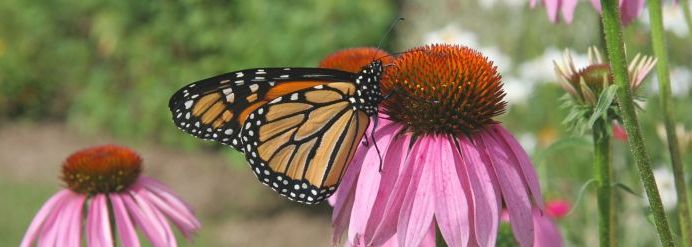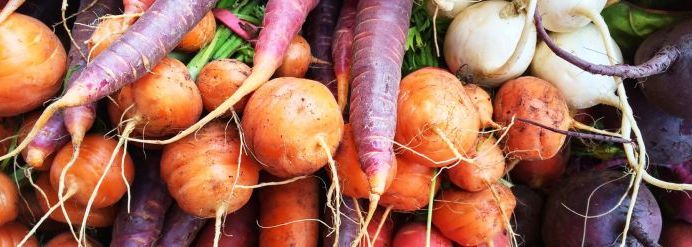Pollinators play a crucial role in our ecosystems, aiding in the reproduction of many plants, including those that produce fruits, vegetables and nuts. Help them out by creating pollinator-friendly gardens in Gretna, Nebraska. Follow these steps to create a garden that supports and attracts pollinators such as bees, butterflies and hummingbirds!
The importance of pollinator-friendly gardens
Pollinators are essential for the reproduction of over 75% of flowering plants and nearly 75% of crops. Bees, butterflies, hummingbirds, bats and other pollinators transfer pollen from one flower to another, facilitating plant fertilization. This process is vital for the production of seeds, fruits and vegetables. Without pollinators, many of the foods we enjoy would be in short supply.
Choosing the right plants
Selecting the right plants is key to attracting and supporting pollinators. Here are some tips for choosing plants that will thrive in your pollinator-friendly garden!
Native plants
Native plants are best suited to your local environment and have evolved alongside local pollinators. They provide the most suitable nectar and pollen sources. Examples of native plants include coneflowers, milkweed and black-eyed Susans. Here are some of the best flowers to grow in Gretna, Nebraska!
Diversity
A diverse garden with a variety of plants will attract a broader range of pollinators. Include plants of different heights, colors and bloom times to provide resources throughout the growing season.
Continuous blooming
Choose plants that flower at different times to ensure a continuous supply of nectar and pollen. Early bloomers like crocuses and late bloomers like asters can help bridge the gaps between seasons.
Colorful blooms
Pollinators are attracted to brightly colored flowers. Bees prefer blue, purple, and yellow flowers, while butterflies are drawn to red, yellow, orange, pink and purple. Hummingbirds are particularly fond of red and orange tubular flowers.
Pollen and nectar-rich plants
Focus on plants that produce abundant pollen and nectar. Examples include lavender, sunflowers, zinnias and bee balm.
Providing habitat and shelter
In addition to food, pollinators need safe habitats and shelter. Here are some ways to create a welcoming environment!
Water sources
Provide shallow water sources like birdbaths, shallow dishes, or small ponds with rocks for pollinators to land on. Pollinators need water to drink and cool down.
Shelter
Include a mix of plants that provide shelter, such as shrubs, trees, and tall grasses. Create small piles of leaves, twigs and rocks to offer hiding places and nesting sites.
Nesting sites
For bees, consider installing bee houses or leaving patches of bare soil for ground-nesting species. Some bees nest in hollow stems or dead wood, so avoid removing all debris from your garden.
Avoid pesticide
Pesticides can be harmful to pollinators. Practice organic gardening methods and use natural pest control techniques like introducing beneficial insects and using insecticidal soaps.
Creating a safe environment
To ensure your garden is a safe haven for pollinators, consider these additional tips!
Organic pesticide
Use organic gardening methods to reduce the use of harmful chemicals. Composting, mulchingand crop rotation can help maintain soil health and reduce pests.
Integrated pest management
Implement IPM practices to manage pests with minimal impact on pollinators. This includes monitoring pest levels, using physical barriers and employing biological controls.
Public awareness
Educate your community about the importance of pollinators and how they can create pollinator-friendly spaces. Consider joining or forming local pollinator-friendly initiatives. You can even put a “pollinator-friendly garden” sign in your yard.
The benefits
Creating a pollinator-friendly garden not only helps the environment but also brings many personal benefits. Watching bees buzz around flowers, butterflies flutter gracefully, and hummingbirds dart through the air is a pretty cool experience. A pollinator-friendly garden can lead to increased plant health and productivity, resulting in a more vibrant and fruitful garden.
Get started in Gretna, Nebraska
Creating a pollinator-friendly garden is a beautiful and impactful way to support essential pollinators. Come check out the Gretna Farmers Market this weekend,we have some amazing flower vendors!




